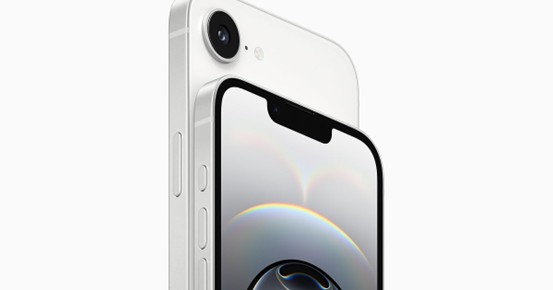- Samsung has been making moves in its attempt to riposte the potentially devastating effect of its recent trial loss but recent progress looks little more than piecemeal.
- Samsung has seen the preliminary injunction against the Samsung Galaxy Tab 10.1 dissolved and has now added the iPhone 5 to its list of devices infringing its LTE patents.
- The injunction has been dissolved as the court of appeals for the Federal Circuit has granted a limited remand in its appeal against this injunction.
- In practice this means that the outcome of the trial (agaist the Samsung Galaxy Tab 10.1) is now much less certain.
- It would appear that Judge Lucy Koh thought it was a slam dunk for Apple when she granted the injunction but now she must also weigh up the damage that Samsung is unjustly suffering as a result of the injunction should it win.
- It is on this basis that she has lifted the injunction but on December 6th, a permanent injunction may be granted against that device and all of the others that have been found to infringe the 5 patents by the court this summer.
- Whatever the outcome of these numerous skirmishes, I continue to believe that Samsung has the weaker hand.
- This is for two reasons:
- First, Samsung has already been soundly beaten in the court room and as a result Apple now has the very powerful weapon of legal precedent.
- Second, Samsung is going after Apple with standard essential patents (LTE) whereas Apple has cited implementation patents against Samsung.
- Standard essential patents are those patents that have to be used to get a standard (like LTE) to work properly. Once cannot design around them.
- It is easy to prove infringement of a standard essential patent (assuming that its valid) but patent holders are not allowed to be nasty when it comes to licensing.
- When one contributes standard essential IPR, one agrees to license the technology to anyone who wants it.
- This has to be done at a fair price and one agrees not to seek injunctions.
- Implementation IPR is another kettle of fish entirely. It is much more difficult to prove infringement as this IPR can be designed around but when infringement is proved, the holder can do what it likes.
- There is no limit to the royalties that can be charged, injunctions can be sought and the holder can force the infringer to redesign his product to get around the innovation.
- Even if Samsung wins with its LTE patents, it has a much weaker set of remedies meaning that Apple could just licence them and move on.
- In practice this is unlikely.
- What will probably happen is at some point the two will reach a deal (confidential of course) and all the outstanding litigation will be dismissed.
- In those negotiations, Samsung will have the weaker hand, which will weaken further in the likely event of Samsung products being banned as a result of the hearing on December 6th 2012.
- Therefore I would expect Samsung to end up paying royalties to Apple or being forced to redesign its patents and receiving a low level of royalties from Apple in return.
- Hence there are probably some sentiment related dents to come in Samsung’s share price before one can really benefit from its dominant position market position and lowly valuation.







Apple – AI Breakdown
11 March 2025